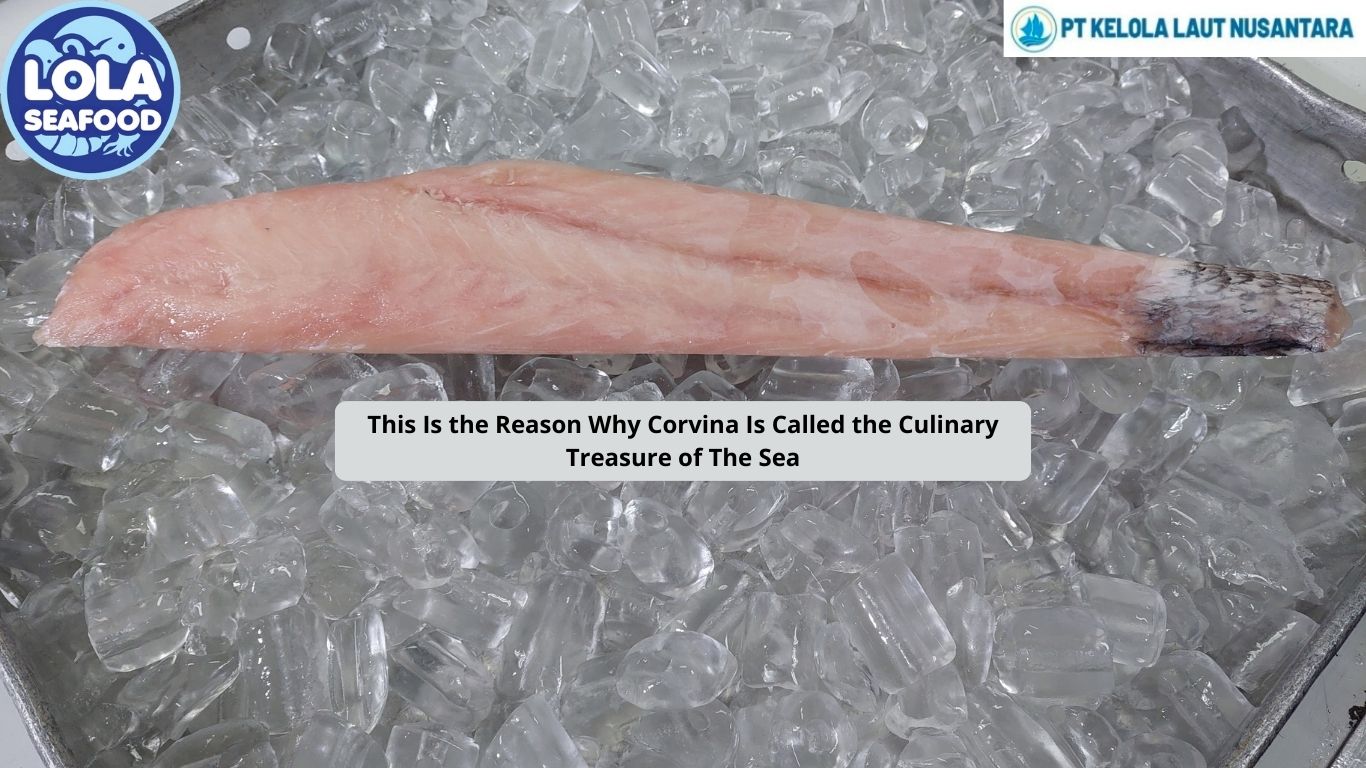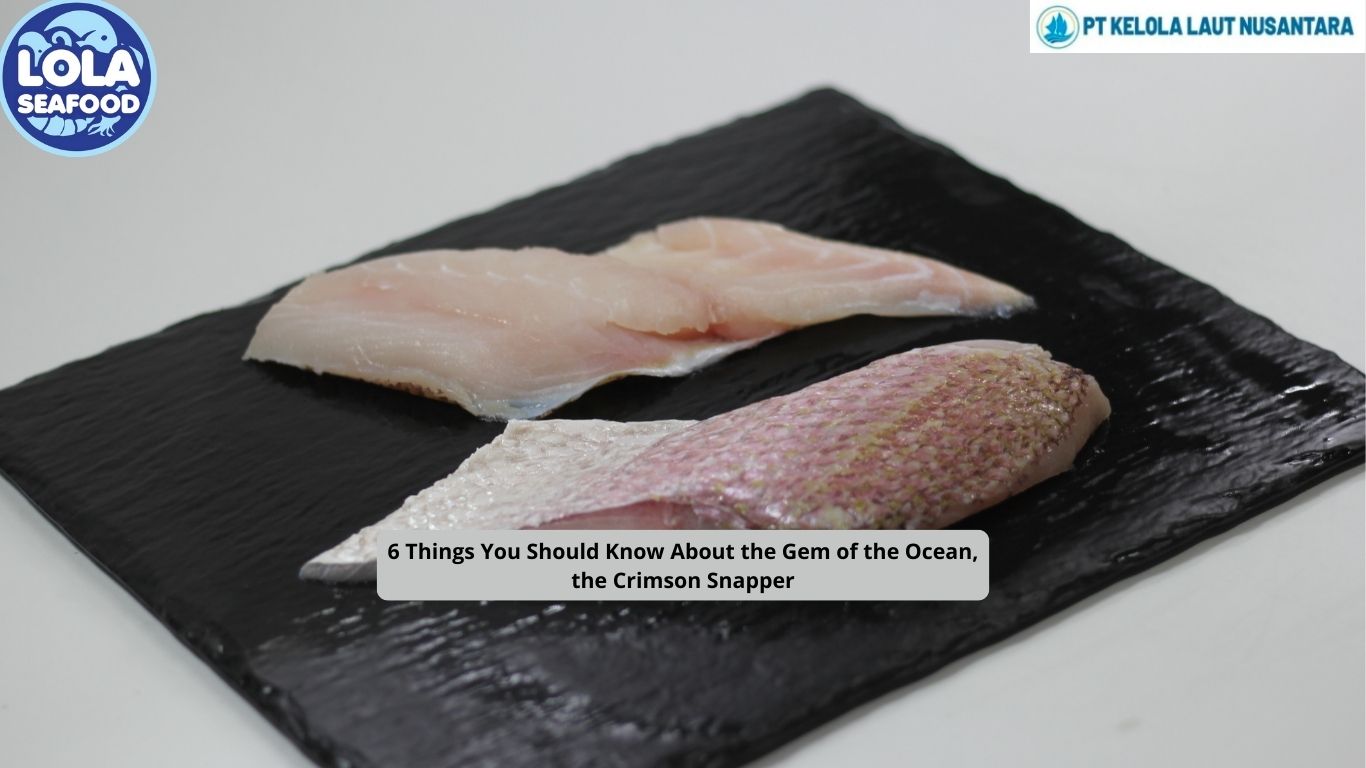Exploring the Best Fish for Nigirizushi
By. Nevanda - 04 Aug 2023
kelolalaut.com - Nigirizushi is a traditional Japanese dish where slices of raw fish (sashimi) are placed on top of small beds of vinegared rice. In this exquisite dish, skilled chefs craft small, hand-pressed morsels of culinary perfection by placing meticulously sliced, fresh raw fish atop delicately vinegared rice. The name "nigiri" aptly signifies the careful handwork involved in forming these bite-sized masterpieces.
The foundation of nigiri sushi lies in its rice, a tender blend of Japanese short-grain rice seasoned with a touch of rice vinegar, sugar, and salt. This seasoned rice provides the perfect canvas for showcasing an array of pristine seafood, from buttery slices of salmon to succulent tuna. The harmonious marriage of flavors and textures, further accentuated by subtle additions of wasabi and garnishes, transforms each piece into a sublime gastronomic experience.
Read also:
Nigirizushi, consumed in a single, satisfying bite, is a testament to the delicate balance and finesse that defines Japanese cuisine. Several types of fish are commonly used in nigirizushi. Here are some examples:
1. Maguro (Tuna)
A staple of sushi, maguro comes in different cuts, each with its own flavor profile, from lean akami to fatty otoro.
2. Sake (Salmon)
Known for its rich, buttery texture and vibrant color, salmon is a favorite choice for nigiri.
3. Hamachi (Yellowtail)
With its delicate flavor and smooth texture, hamachi is a prized fish in nigiri.
4. Saba (Mackerel)
Mackerel offers a strong and distinctive flavor that is often balanced with a touch of vinegar.
Read also:
5. Hirame (Flounder)
Flounder has a mild, slightly sweet taste that makes it a delightful option for nigiri.
6. Katsuo (Bonito)
Bonito has a strong, smoky flavor that's often enjoyed in small amounts on nigiri.
7. Tai (Red Snapper)
Tai is known for its mild, slightly sweet flavor and firm texture.
8. Kanpachi (Amberjack)
Kanpachi has a rich, buttery taste and is often compared to hamachi.
These are just a few examples of the types of fish that are commonly used in nigiri sushi. The availability of specific fish can vary depending on the sushi restaurant and the season.
Read also:

.jpg)

.jpg)

.jpg)
 (1).png)
.jpg)
.jpg)